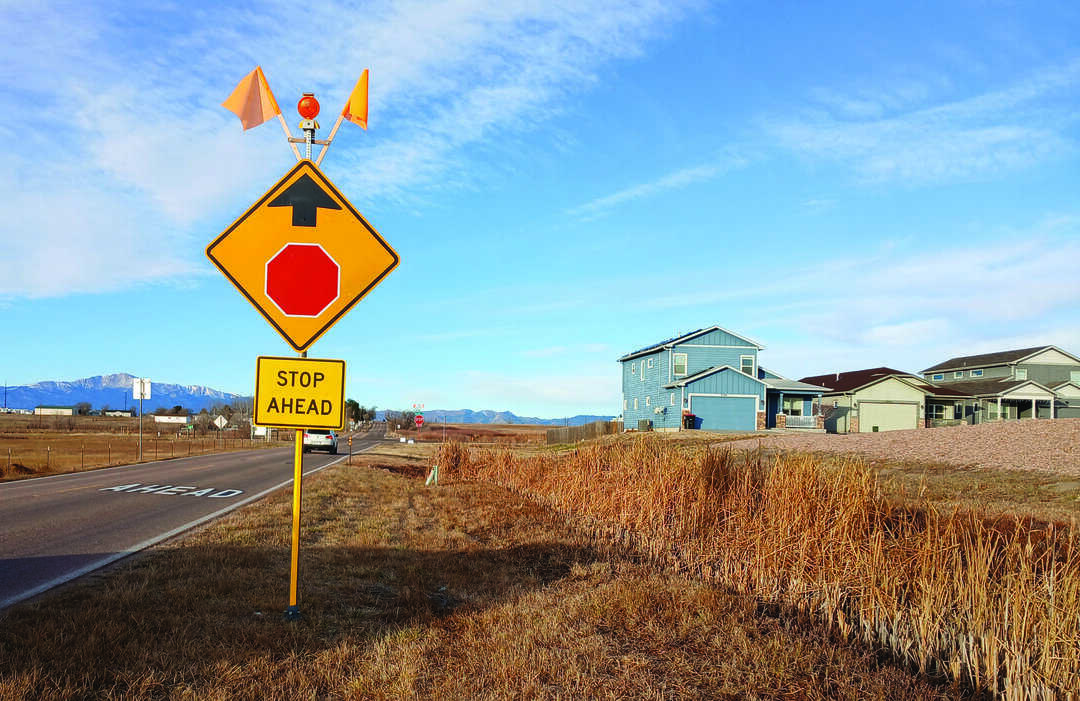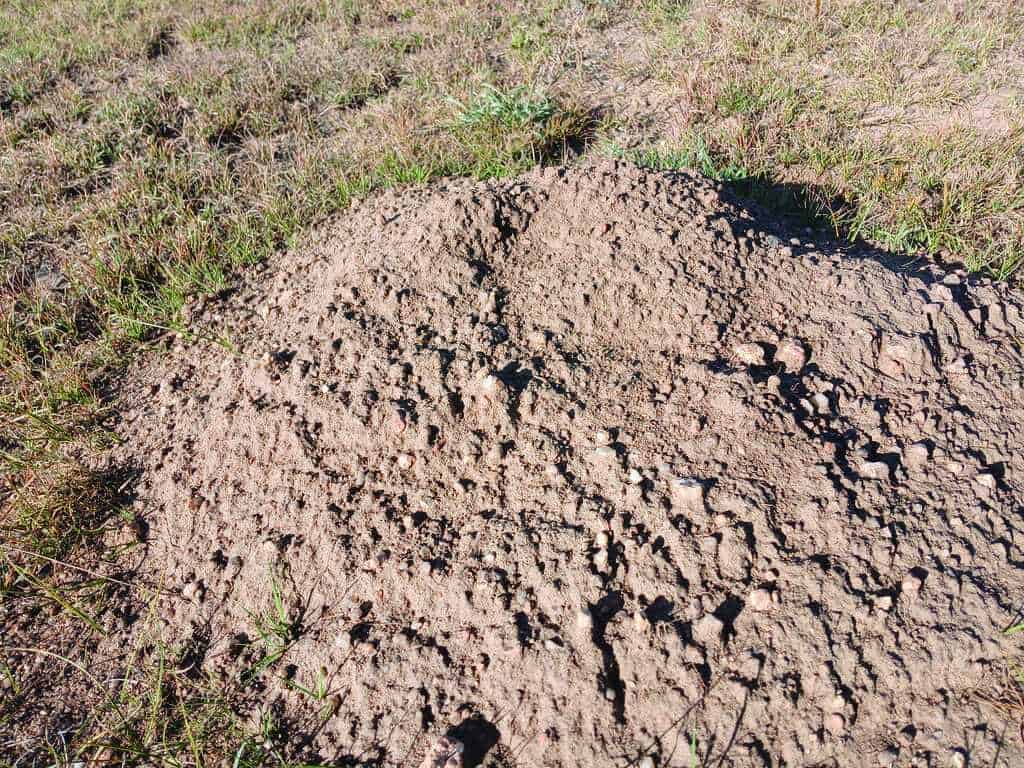Longtime local journalist Bill Radford and his wife, Margaret, live on 5 acres in the Falcon area with chickens, rabbits, dogs, cats, two noisy parrots, goats and two horses. Contact Bill at billradford3@gmail.com.
We recently welcomed two ducklings into the world.And now our duck population has been reduced to zero.That may sound ominous, but it’s a story with a happy ending.To tell that story, I have to introduce our cast of characters. Doug and Veronica are a pair of pekin ducks (like the duck in the Aflac commercial). We got them as babies two-and-a-half years ago; they were only a few weeks old but already nearly a foot tall.Then there’s Quackers, a Rouen duck who was a rescue; the Rouen is a breed that originated in France and resembles the mallard. We needed a mate for Quackers, so we got a female Rouen, Honey. She died last fall after becoming egg-bound; however, this spring we got another girl for Quackers, who I cleverly named The New Duck but my wife, Margaret, calls her Pretty Girl.Unlike our chicken eggs, our duck eggs largely went to waste, since we didn’t like the taste and didn’t find anyone who wanted them. So when Veronica got broody this spring and started to spend all her time protecting a nest of eggs, we decided to let nature takes its course, as they say; we figured we could find a home for any cute, little ducklings that resulted. None did, though, as Veronica gave up the effort after a couple of weeks.Then it was Pretty Girl’s turn. She also turned broody, and she also had a nest to protect inside the duck house. And protect it she did, hissing and quacking to keep any interlopers away. A few weeks into the process, Margaret crept into that protected area long enough to candle a few eggs with the light from her phone and confirm that something was alive in at least some of the eggs.Pretty Girl appeared to be sitting on top of a dozen eggs or so, which apparently is typical. From liveducks.com: “The hen usually lays about a dozen or more eggs before she will start to incubate them. Although the eggs accumulate in the nest at the rate of about one per day, the incubation process begins at the same time, when the hen begins sitting.”While it varies from breed to breed, the typical incubation period for domestic duck breeds is 28 days. So as that mark approached, we checked the nest twice a day. And then one late afternoon, Margaret heard a peep. Investigating, she spotted a baby hiding under Pretty Girl. We left them alone, and the next morning there was a second duckling. We made sure they had water and food in the duck house but otherwise left them alone.That afternoon, though, the two ducklings decided to wander off and slipped easily through the chain link of the duck pen into the main yard. So we scooped them up and took them inside while waiting to see if there would be anymore.There wouldn’t be. One duck hatched but quickly died; another got halfway out of its egg, but no further. And the other eggs? Nothing, except the beginning of a rotten smell.So two births out of a dozen eggs or so. Not a great success record. We removed the rotten eggs and Pretty Girl resumed her regular life with the other ducks; we kept the two babies inside to keep them safe.They seemed to double in size every couple of days. We gave them some “play dates” with their mom outside and kept their food and water bowls filled. “A week-old duckling will drink about half a gallon of water a week,î according to HGTV.com. “By the time they are seven weeks old, ducklings drink a half gallon of water a day, so be sure their water is always filled.” (They also like to run through it and waste a lot of water.)We had talked for some time about rehoming our adult ducks or at least not replacing them once they were gone. Ducks are fun and have more personality, it seems, than chickens. But they’re also incredibly messy, requiring me to change their water twice a day. And Quackers, even with a partner, remained intent on mating with the chickens, so the ducks and chickens could never be out of their pens at the same time.In seeking a home for the two ducklings, we were fortunate to find one for the entire flock: a Falcon couple who raised chickens ñ- we had gotten a hen from them ó were happy to take on the ducks; in fact, they’d had ducks before. And the setup for their chickens was secure and pristine, so we were confident the ducks would receive top-notch care.I’ll miss the lively conversations the ducks would have and the sight of them splashing in their kiddie pool. And it was always amusing to go out in the evening and order the ducks to “Go to bed!” and watch them obediently race to their pen. But the chickens have a lot more freedom now, and we have no doubt that the ducks have a loving, new home.





